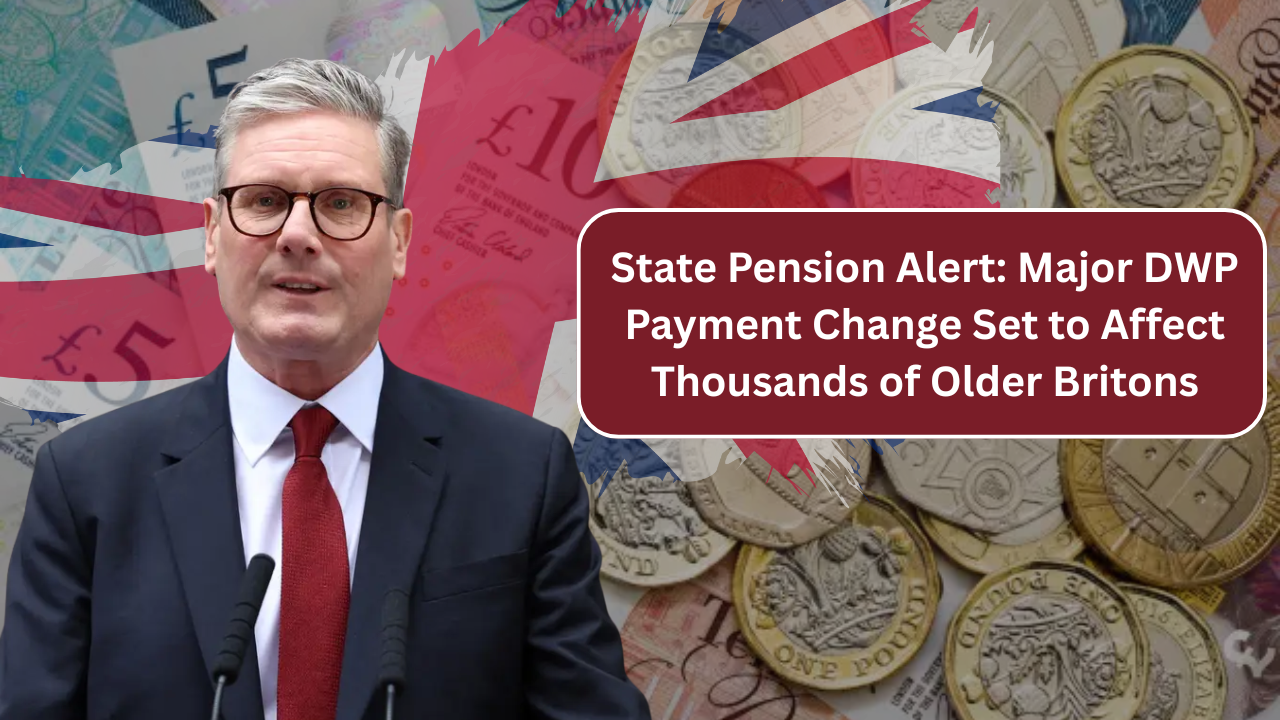Personal Independence Payments (PIP) are crucial for many individuals with disabilities. This benefit, offered by the Department for Work and Pensions (DWP), can provide up to £750 per month for claimants with disabilities. Given the importance of this financial support, losing or having your PIP claim reduced can cause serious difficulties. If you’re facing such a situation, it’s essential to understand why your PIP claim may be stopped and what steps you can take to resolve it.
What Is Personal Independence Payment (PIP)?
PIP is a benefit designed to help people with disabilities cover the extra costs of daily living and mobility. It’s a key support for individuals who may struggle with daily tasks or mobility due to a condition or illness. The payment is not means-tested, which means it doesn’t depend on your income or savings. Instead, it is based on how your condition affects your ability to perform everyday activities.
However, there are times when your PIP claim may be halted or reduced. While it may seem alarming, it is essential to note that in most cases, the DWP will notify you before making any changes to your payments. You will typically receive a letter stating the reasons for the decision and when your benefits will cease.
1. Reaching the End of Your Fixed-Term Award
If your PIP claim is awarded for a fixed period, the DWP will review your case when that period ends. At this point, your claim will either be extended, reduced, or stopped, depending on your condition and circumstances.
You will receive a letter informing you of the award review date, and you will also be told if a new assessment is needed. It’s essential to be aware of when your award is set to expire and ensure that you complete any necessary steps to maintain your payments.
2. DWP Decides Your Condition Has Improved After a Medical Assessment
One of the most common reasons PIP payments are stopped or reduced is if the DWP determines that your condition has improved enough to meet the criteria for the benefit no longer being applicable. This typically occurs after a medical assessment, during which a healthcare professional evaluates your ability to perform various activities, such as moving around, preparing food, or managing personal care.
If you believe that your condition has not improved, it is vital to provide evidence to support your claim. You can do this by submitting medical records, reports from healthcare providers, or statements from people who assist you in daily activities. If you disagree with the DWP’s decision, you have the right to challenge it.
3. You Missed a Medical Assessment
If you miss a scheduled medical assessment, the DWP may stop or reduce your payments. It is essential to attend these assessments as missing one without a valid reason could impact your claim. However, if you miss an appointment due to illness or another unavoidable issue, you must contact the DWP immediately.
The DWP will often allow you to reschedule the appointment, but it’s crucial to do this as soon as possible to avoid the cessation of your benefits. If you manage to attend the rescheduled assessment and are still eligible for PIP, any missed payments will be backdated.
4. A Change of Circumstances Makes You Ineligible
If you experience a change in your circumstances, such as a change in your health, moving abroad, or returning to work, you must notify the DWP. Failing to report changes in your situation can result in your Performance Improvement Plan (PIP) being reduced or terminated. For instance, if you start working full-time and no longer need the extra financial support, the DWP may decide that you’re ineligible for PIP.
If you have experienced a change in circumstances, it is essential to update the DWP as soon as possible. This includes informing them about any changes to your condition, living situation, or mobility. By staying on top of these changes, you can ensure your claim remains accurate and up to date.
5. You Owe the DWP Money and They’re Taking It From Your Payments
If you owe money to the DWP, such as an overpayment from a previous claim, they can take part of your PIP payments as repayment. This is common when there has been a mistake in calculating your benefit or if you’ve been paid more than you were entitled to in the past. The DWP has the right to deduct any amount you owe directly from your future payments.
If you’re in this situation, the DWP will notify you of the debt and explain how much they will be deducting from your payments. If you feel the deduction is unfair or incorrect, you can contact the DWP to discuss the matter and potentially reduce the repayment amount.
6. You’ve Been Accused of Benefit Fraud
Benefit fraud is taken seriously by the Department for Work and Pensions (DWP). If they suspect that you have provided false information to claim PIP, they will launch an investigation. During this investigation, your PIP payments may be stopped, and you may be asked to provide additional evidence to support your claim.
If the investigation concludes that you did not commit fraud, your PIP payments will be backdated to cover the period they were stopped. However, if the investigation finds that you did commit fraud, you may face legal consequences and could lose your benefits permanently.
7. You Are Subject to Immigration Control
In some cases, individuals who are subject to immigration control may not be eligible for PIP. If you are in the UK under certain types of visas or immigration status, you may not qualify for this benefit. The DWP will check your immigration status when processing your claim, and if you’re found to be ineligible due to your immigration status, your claim may be stopped.
What to Do if Your PIP Payments Are Stopped or Reduced
If your PIP payments are stopped or reduced, you don’t have to accept the decision without question. Here are the steps you should take:
- Contact the PIP Enquiry Line: If you’re unsure why your benefit has been stopped or reduced, call the PIP enquiry line. This helpline is free to use and can help clarify any confusion or provide information about why your payments have been affected.
- Mandatory Reconsideration: If you believe the DWP’s decision is wrong, you can request a mandatory reconsideration. This must be done within one month of receiving the decision letter. It’s essential to submit any additional evidence that supports your case during this process.
- Appeal the Decision: If your mandatory reconsideration is unsuccessful, you can appeal the decision to an independent tribunal. It is essential to seek advice from experts, such as Citizens Advice, to assist with this process.
- Complete a New Claim: If you missed a medical assessment or failed to return a review form on time, you can start a new PIP claim. Doing this quickly can help ensure that your payments are reinstated before you miss significant sums.
Final Thoughts
Losing your PIP can feel overwhelming, but it’s essential to remember that there are ways to challenge the decision and potentially have your benefits restored. Keep track of deadlines, ensure your claim is up to date, and seek assistance when needed. Whether you missed a review, have a change in circumstances, or face any other issue, the right support is available to help you get back on track.




